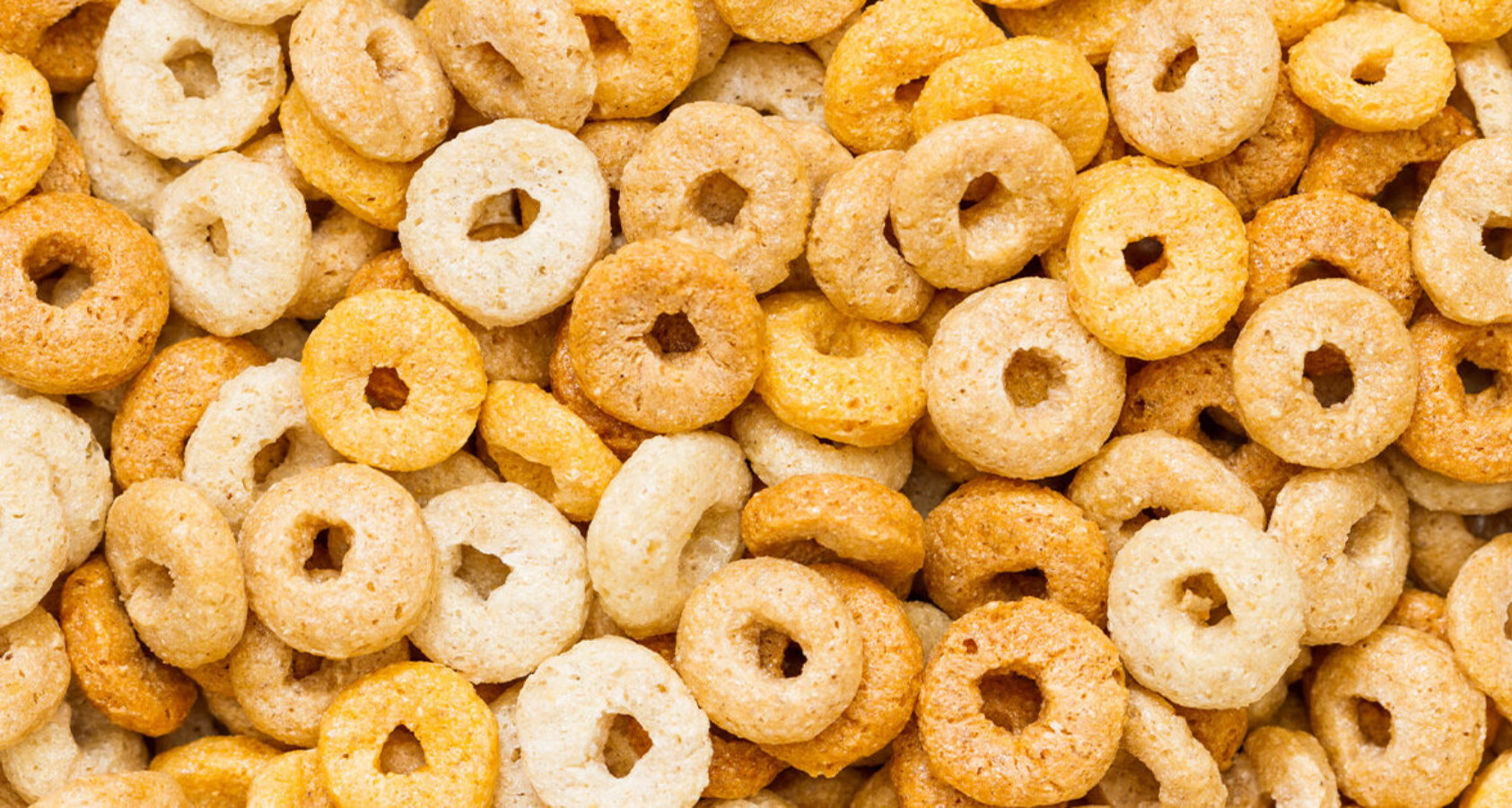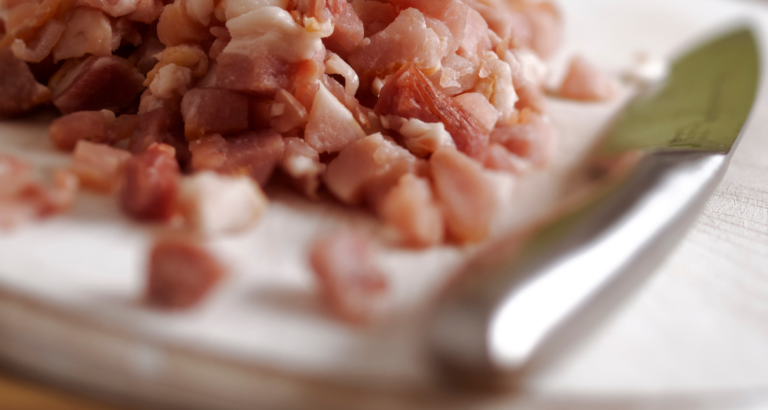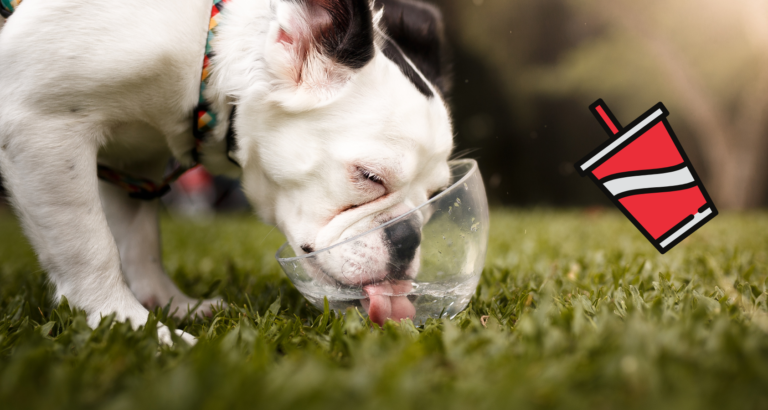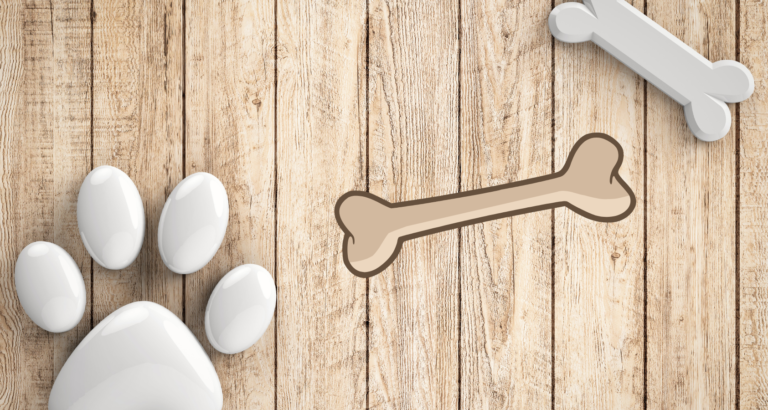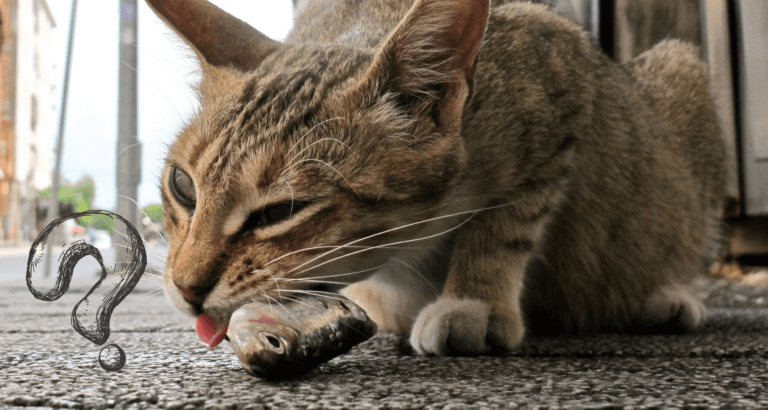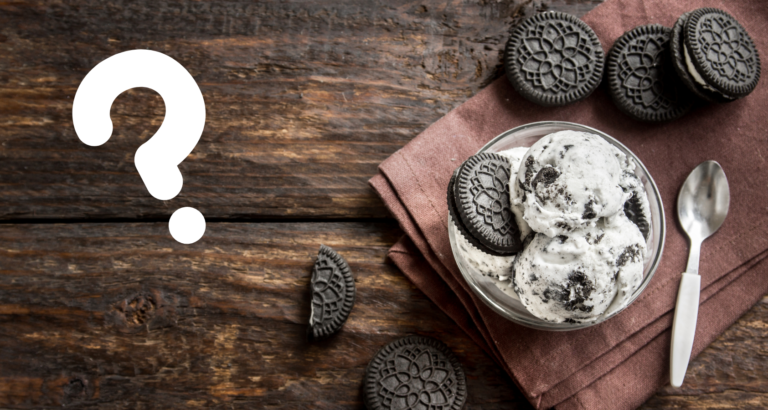Can Dogs Eat Cheerios? Need To Know!
Last updated on March 25th, 2023 at 04:11 am
Reading Time: 9 minutesThis post may contain affiliate links. If you click and buy we may make a commission, at no additional charge to you.
Can Dogs Eat Cheerios?
Dogs love cheerios, and we do too. When it comes to cheerios some are plain while others are flavored, but the question is, ‘Can a dog eat cheerios’?
Quick Answer
Yes, Cheerios are quite safe for dogs because of mild or not-so-harmful ingredients. Regardless of the ingredients or constituents of Cheerios, do not allow your dogs to eat bowls full of cereals. Their overconsumption can take your dog at risk of urinary tract infections, digestive issues, and similar health conditions.
Saying ‘No’ to dogs for cheerios is a bit hard. The best way to truly know is to dive deeply into the question and see how cheerios affect dogs. There are some benefits and risks of giving your dogs cheerios that you shouldn’t ignore.
So, let’s dive in!
Can Dogs Eat Cheerios – Detailed Answer
Cheerios are one of the most favorite cereals and treats because of their taste, we crave them. Luckily, Cheerios are also light to handle as their ingredients do not include anything harmful.
When it comes to dogs. Cheerios are safe for dogs. All you need is to be careful about the meal size and discourage your pup from eating Cheerios every day. You can allow him as a refreshment or just to change his mood. Every once in a while is totally okay. Otherwise, dogs fond of eating too many cheerios can cause trouble for you.
If you are a big fan of cheerios, you must have checked the package with the ingredients mentioned, and these are:
Cheerios Ingredients:
- Whole grain oats
- Corn starch
- Sugar
- Salt
- Preservatives
Let’s go over the main ingredients in Cheerios, and see how safe they are for dogs.
Whole grain oats: Whole grain oats are the basic ingredients in cheerios, and like other grains, they are considered a healthy addition to a dog’s diet. Many dog owners are often worried about their dogs eating cereals because of allergic wheat. Cheerios comparatively give a safer option, and if your dog has a wheat allergy or gluten sensitivity, then whole grain oats are a good alternative.
Corn starch: Next, corn starch is less allergenic to dogs, and pets containing cornstarch as a carbohydrate source are preferable for dogs suspected of suffering from corn allergy.
Sugar: Typically, cereals are loaded with sugar and are advised not to feed dogs, but cheerios have a slightly different scenario. They are low in sugar and do not give much tough time to dogs if eaten in moderation.
Salt: Many people misapprehend the presence of salt in cheerios or other cereals. You can also claim that cereals are not salty, but their minor contribution develops taste. So, you should keep this ingredient in mind and not allow your dog to be a fan of cheerios.
Preservatives: Preservatives are always a concern in dog food because many artificial ingredients ruin the overall value of the meal. But cheerios has Vitamin E mixed with tocopherols as a natural preservative to preserve freshness. Vitamin E is believed to be much safer than artificial preservatives.
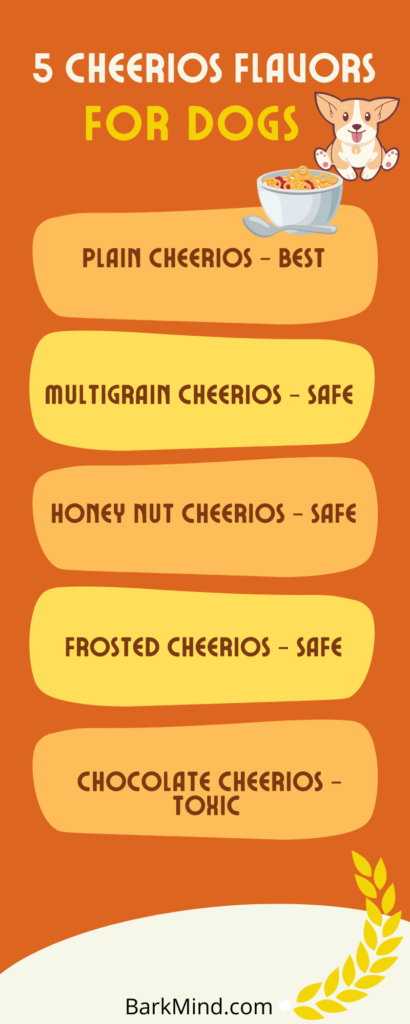

Are Cheerios Good for Dogs?
You cannot abruptly decide whether cheerios are good for dogs not. Multiple factors count to declare the benefits of any food or cereal, and the same is the case with cheerios.
On top of everything, the nutritional value of cheerios is a major deciding factor.
So, remember, cheerios should never be the main meal for dogs because they do not add nutritional value to your furry baby’s diet plan. Your dog gets just a nutritionally empty treat. Added minerals and vitamins of Cheerios may have a temporary beneficial effect on dogs, but your furry baby is not going to get significant nutritional value. Your dog will get empty calories from the cereal, and it proves a taste changer.
Additionally, dogs consuming a large amount of cheerios or other cereals may show inappropriate diet habits. For instance, if your dog has cheerios for the first few days, he will insist on getting the same meal every day. Thus, it is never a wise idea to feed dogs only Cheerios, and they must have a complete diet consisting of proteins and other essential nutrients.
Still, if you find it hard to refuse your furry baby, give him a small portion once in a while.
Is there any Benefit of Cheerios for Dogs?
Cheerios do provide some minor benefits to dogs.
Dogs eating a moderate amount of cheerios can enjoy the following benefits:
- Cheerios do not contain excess sugar, and dogs with occasional treats of cheerios are not prone to dental decay. Just train your dog to brush teeth after eating this cereal or other sweet dishes so that bacteria cannot grow on teeth and cause cavities.
- Again, if given in a controlled way, cheerios won’t harm dogs’ blood sugar levels, but dogs with diabetes must avoid it. Consult your vet
- Similarly, there is no extra fat in cheerios, and they do not promote obesity.
- Popular dog treats are quite expensive, but cheerios are considerably budget-friendly, and dog parents can afford it to cherish their dogs.
What are the Possible Risks of Eating Cheerios to Dogs?
As said earlier, cheerios are not harmful to dogs if consumed infrequently or in small amounts. Sometimes dog parents get overwhelmed and add cereals to their main diet plan feeding in breakfast, as snacks, to satisfy their cravings, or as regular meals. This is the worst thing you can ever do to your dog and allow him an inappropriate diet. So, if you calmly feed your dog cheerios, remember, you can face these consequences:
Lactose Intolerance
Lactose intolerance is a condition in which the body cannot digest dairy products like milk from milk-made meals.
You can face this problem if your dog is lactose intolerant and you include milk in the cheerios. Even a small amount of milk can cause diarrhea, vomiting, and abdominal discomfort in such a situation. Here you must not forget that any dog can have lactose intolerance and the reaction symptoms are common. The severity can increase or decrease depending on the amount consumed. So, you must have an idea of lactose sensitivity in your dogs and screen them to avoid complications.
You can minimize the risk of lactose intolerance in pets by feeding dry cheerios. Just give them plain cheerios in small amounts and discourage their habit of begging cereals every other day.
Additionally, talk to your vet and seek medical advice for dogs with lactose intolerance.
Urinary Tract Infections
Urinary tract infections are painful and dangerous conditions in dogs that can worsen with time. Cheerios are cereals with sugar plus carbohydrates, and dogs over-eating such products are most vulnerable to urinary tract infections.
If not diagnosed or treated on time, UTIs can affect the kidneys and bladder of your dog. Therefore, this is not a problem that can be ignored or delayed.
At the same time, don’t assume such infections are instantly developed. The continuous use of cereals or other carbohydrate-rich foods results in such infections. So, keep an eye on your furry friend and notice these signs of urinary tract infections.
UTIs symptoms in dogs:
- Bloody urine
- Difficulty urinating
- Fever
- Urine with a strong odor
- Licking around the urinary opening
Salt Poisoning
Cheerios do not contain excess salt, but dogs at risk of blood pressure can show salt poisoning after eating heaping bowls of cheerios. In fact, if your dog does not have a medical history of blood pressure or similar health conditions, then you can expect something abnormal like salt poisoning.
The symptoms of salt poisoning in dogs are:
- Vomiting
- Diarrhea
- Convulsions
- Tremors
- Lack of appetite
- Frequent urination
- Extreme thirst
- Lethargy
Stomach Upset
Cheerios are not bad for the stomach if consumed as a soft meal for tummy trouble because they contain fiber. In fact, fiber is a healthy addition to a dog’s diet, and it maintains the digestive tract.
At the same time, you must have heard that excess of everything is bad, and excessive fiber intake can have the opposite effect. When dogs consume too much fiber in the form of cheerios, their bodies may have difficulty absorbing vital minerals, which ultimately leads to fiber imbalance. Thus, your dog can frequently visit the bathroom, pass watery stool or mess up in the house.
Other Problems
Other problems in dogs associated with cheerios are not life-threatening, but you need to be cautious all the time. There is low sugar in cheerios, but it does not mean to make your dog habitual of eating this cereal because your dog may end up with diabetes or similar problems.
Can Cheerios be Toxic to Dogs?
Cheerios are not toxic to dogs, and can’t be. However, their flavors or eating habits can make them dangerous. For instance, you can find multiple varieties of cheerios from their complete range, and selecting a pet-friendly flavor should be your first concern.
- Plain cheerios may prove most suitable for dogs as added ingredients make them unhealthy for dogs.
- Similarly, Multigrain cheerios have comparatively more sugar than plain variety, so be careful.
- Honey nut cheerios are safe for dogs, but previously this variety was the main concern due to nuts, including almonds. Dogs cannot digest hard nuts and may show vomiting or diarrhea. But now Honey Nut Cheerios do not use almonds but have natural honey nut flavor to give a taste of nuts that make them light for doggies’ diet.
- Chocolate Cheerios are one of the favorite varieties of this cereal that people of every age group like, but they are absolutely not good for dogs. They include chocolate or caffeine that must be completely ruled out from a dog’s life. If your dog eats the chocolaty flavor of Cheerios, you can expect chocolate toxicity for short or long-term periods.
- Dogs with chocolate toxicity show symptoms like vomiting, diarrhea, hyperactivity, panting, urination, and excessive thirst.
So, whatever the situation is, do not allow your dog to eat an unhealthy variety of cheerios that ultimately proves toxic.
Can Diabetic Dogs Cheerios?
Diabetic dogs are always at risk of health complications, and you need to be extra careful in their diet (especially when it comes to human food).
As far as cheerios are concerned, it is best not to give them at any time. If they insist and you cannot resist, give them in very small amount and make sure it is only infrequent activity. It is dangerous for them so be careful.
You should also consult your vet as they would know your dog’s medical history and can better assess whether he can handle their sweetness or not. So, whatever the situation is, always consider all factors before giving your dog cereals like cheerios and make a final decision according to the overall health status.
How Many Cheerios are Safe for Dogs?
Cheerios are never the first meal for dogs, and you should minimize their intake to your best. You can give them a very small amount – ¼ cup or less once in a while. It would be great to make cereals part of their training or give an occasional treat.
If your dog is a little stubborn or gets annoyed with training sessions, give him a refreshment of cheerios and encourage doing more good things. Just be sure to give only a small amount of cheerios, and do not let your dogs feel that it is part of their training. You can also add other dog treats with cheerios and generalize dog treats for their best interest.
Most importantly, give your dog cheerios at a time to test for any adverse reaction before feeding more. Many dogs are lactose intolerant or cannot digest sugary cereal. That is why you should never place a bowl in front of your dog.
Conclusion – Can Dogs Eat Cheerios?
Cheerios are among the most favorite cereals used in breakfast, as snacks, or in daily meals. Pet parents enjoying cheerios often share a bowl with their dogs and have a great time. Doing so is good only for a few times as cheerios are cereals that provide only empty calories with no nutritional value.
Your dog gets them as a taste changer and nothing more than this. In fact, overconsumption of cheerios can result in urinary tract infections, stomach problems, salt poisoning, and lactose intolerance. So, regardless of the dog’s desire, do not allow your pets to be habitual of cheerios or other cereals and feed them a balanced diet.
About The Author
I'm a content writer and researcher. But bottom line, I loveee animals. I had my first animal which was a guinea pig at age 8. Later had a bunny, dog and a lot, a lot of fish. Writing about what I know about pets will allow me to share my knowledge and love for them with everyone else. Dealing with dogs my entire life, I know a lot.
PetFriendly Monthly Pet Care Box
Get 50% off + FREE Shipping on your first box!

